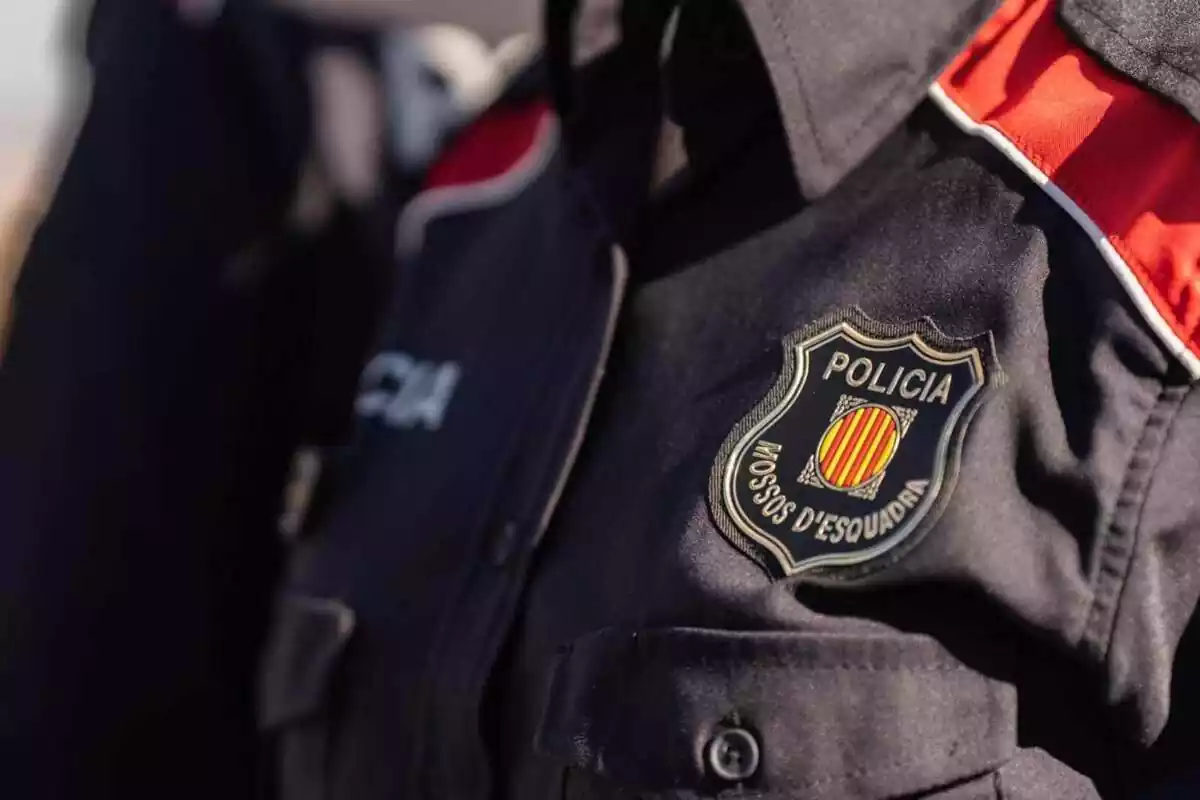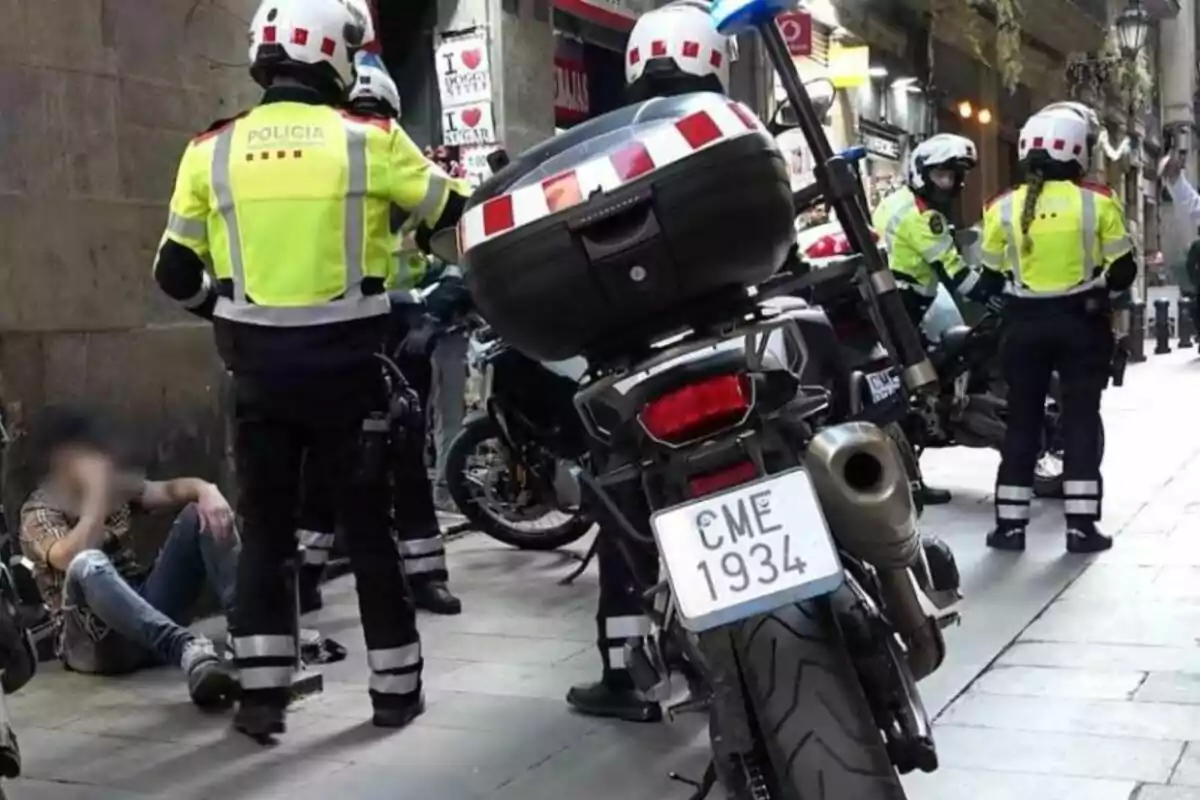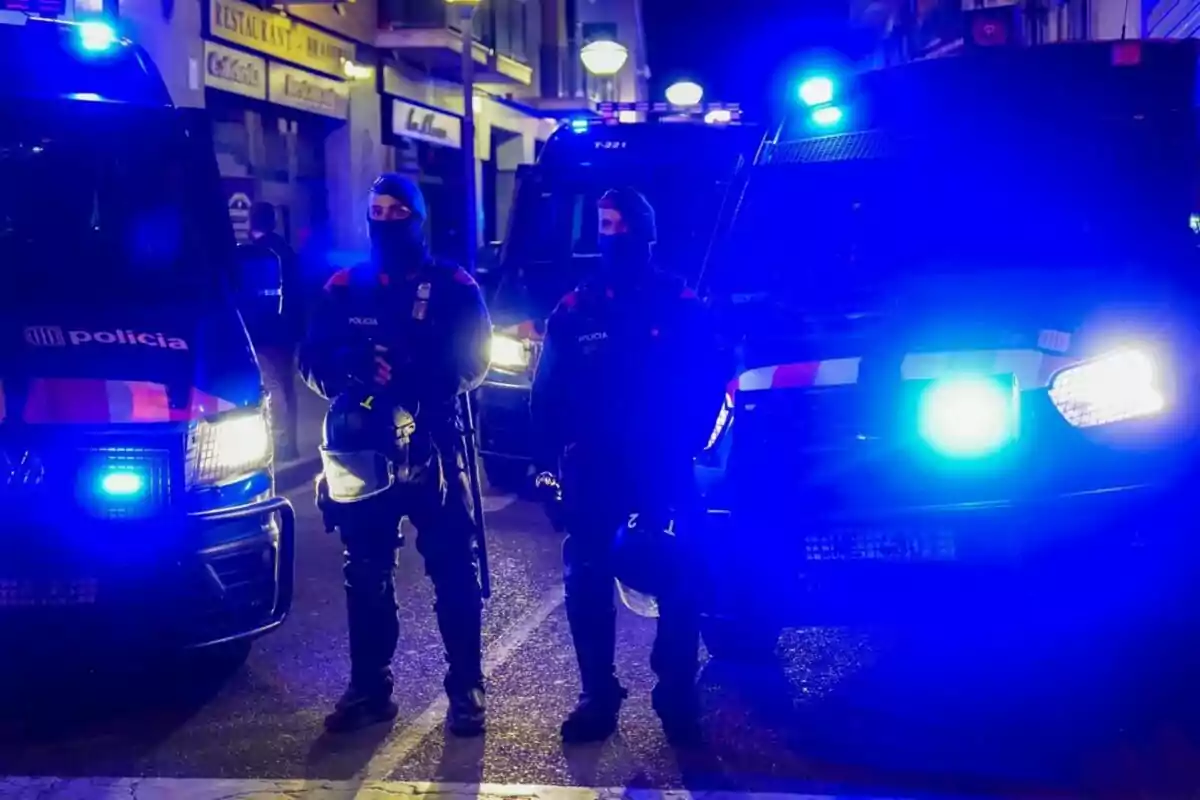
Attacks on Police in Catalonia Spark a War Between Officers and Institutions
The Unions Stand Firm Against What They Consider an Unacceptable Abandonment by the Institutions and Police Leadership
The umpteenth episode of violence in Catalonia, this time in the Lerida neighborhood of La Mariola, has precipitated a war between police unions and institutions. SAP-FEPOL and USPAC, the main union organizations of Mossos d'Esquadra, have criticized the political complicity with crime in Catalonia. They have also denounced the neglect of duties by police commanders.

The conflict erupted after a mob attacked the police in Lerida on Sunday, leaving six officers injured. The officers were attacked with unusual violence, with stones, sticks, and iron bars. This has been the straw that broke the camel's back for the Mossos.
In separate statements, the unions clearly point to the social and political sectors that have been discrediting police work for years. They refer to the systematic whitewashing of anti-system violence, which has guided the policy of Catalan governments over the last decade. The culmination was the withdrawal of legal defense for the officers, in the last ERC government.
The City Council Says They Are "Isolated Incidents"
The divorce between the unions and the institutions is evident in the statements of the municipal government of Lerida after the events. The deputy mayor and councilor for Security, Cristina Morón, described the events as "an isolated fight" in a "specific, focused, and identified point." Morón insisted that "this is not a usual or widespread situation" in the neighborhood.
This has made the police unions explode, who have long been warning about the drift of neighborhoods like La Mariola in Lerida. "These are not isolated incidents," they have reiterated. They warn that the situation in Catalonia is out of control and that this may be just the prelude.
In fact, the conflict between officers and commanders is erupting now but has deeper roots. The unions broke the silence after the disturbances in Salt, cheered by public and subsidized media, and by the CUP in Parliament. They then warned that this was just the prelude.

Weeks later, another similar conflict erupted in Mataró, where dozens of immigrants violently attacked the police. These events and those in La Mariola add to the entrenched problem of violence in neighborhoods like Font de la Pólvora in Girona, and La Mina or San Cosme. In these areas, the conflict shares a common trait, the loss of any respect for authority.
Alone in the Face of Rising Crime
The feeling of loss of control over public order in Catalonia now coincides with the tension between officers and institutions. This consolidates the idea that the officers are keeping public order without the necessary support from their commanders or public authorities. Sometimes, even with those powers against them.
The divorce between rank-and-file police and their superiors has been seen in the attempt to soften the public perception of the crime situation in Barcelona. The Barcelona city council and police commanders devised the Trust Plan to convey optimistic messages about crime data in the Catalan capital. The patrols reacted with astonishment and warned that the situation is much worse than the authorities convey.

In the end, the feeling that remains is that the officers are bearing the brunt of facing the uncontrolled rise in violence and crime alone. They neither have the unanimous and unwavering support of the institutions and public authorities. Nor do they feel accompanied by a system that rewards criminals by leaving them on the street.
The officers have long complained that their work ends up being useless due to overly permissive laws and a collapsed system. In their latest statements, they call for more legal security and laws that more harshly punish assaults on police officers.
More posts: